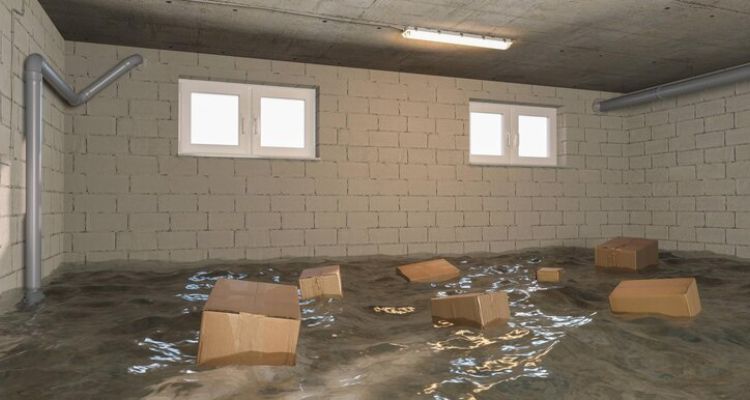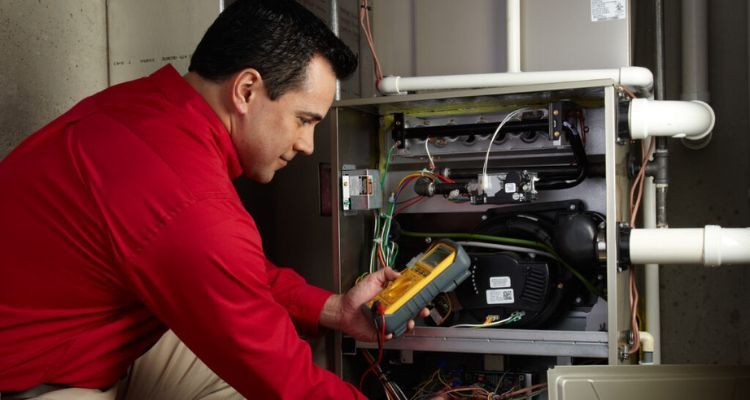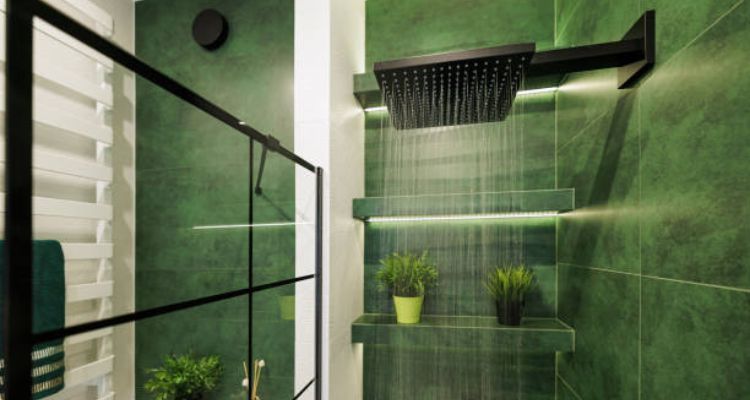Guide to Choosing HVAC Air Filters

Routinely changing the air filters for your furnace is an important home maintenance task. This article discusses: why you should change your air filter; how often to do it; how to choose the right filter; and how to do it yourself.
Why Is It Important To Change Your Furnace Air Filter?
Changing your furnace’s air filter is important for two reasons: 1) A dirty air filter makes your furnace’s blower motor work harder, which wastes energy. Changing your air filter can save you up to $50/year in energy savings; and 2) Over time, your furnace’s air filter gets clogged with the particles that it is made to take out of the air, and as such, as it gets dirty it can’t do its job of cleaning the air in your home.
How Often Should You Change Your Furnace Air Filter?
The frequency of when you should change your air filter can range between once every month, to once every 3 months, and for your particular home it will depend on several factors:
- If you have someone in you family that has respiratory problems, such as allergies or asthma, then you will want to change your furnace’s air filter more often.
- If you have a high level of particulates from pets, smoking, construction projects, etc., then you will want to change your air filter more often.
- The recommended frequency will also depend on the efficiency of the filter that you use. Higher efficiency filters do a better job of removing smaller particles from the air, but they also get clogged faster, and therefore need to be changed more often.
How To Choose the Right Furnace Air Filter?
Similar to how often you should change your filter, the choice of the right air filter for your particular home and living situation depends on a number of factors.
The first thing to consider in choosing the right filter is knowing its size. To find the size of the filter you need, just check on the side of the current filter that is in your furnace. Most filters will have the size written right on them. However, if you have any doubts as to whether the correct size was originally installed, then it is best to check with your furnace’s manufacturer.
The next thing to consider in choosing the right filter for your home is the MERV rating of the filter. MERV ratings are used to rate the ability of an air filter to remove dust, pollen, mold spores, bacteria, etc. from the air as it passes through the filter. MERV ratings range from 1 to 16, and the higher the MERV rating, the smaller the particle that the filter can trap. Some of the most common filters found in residential use only have a MERV rating of between 1 to 4. These are relatively inexpensive, but they do NOT do a good job of filtering the air, because they will not stop particles smaller than 10 microns. Filters with MERV ratings of between 5 to 8 are a better choice, and these filters will catch particles as small as 3 microns. Filters with a MERV rating of 9 to 12 will stop particles in the 1-to-3-micron range, and these filters are a great choice for homeowners who want the best particle control possible. And finally, the most efficient filters have MERV ratings of 13 to 16 and will stop particles as small as .3 microns. These filters are used in hospitals and other super-clean environments.










